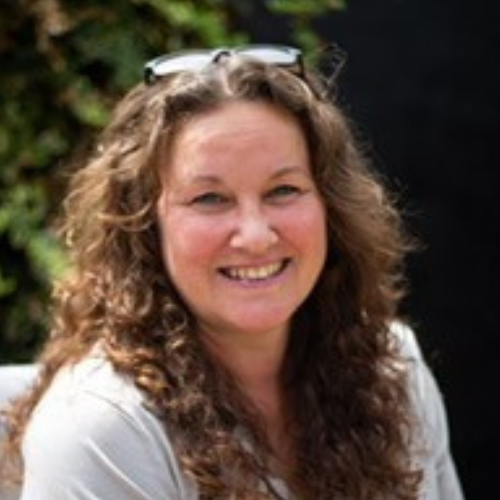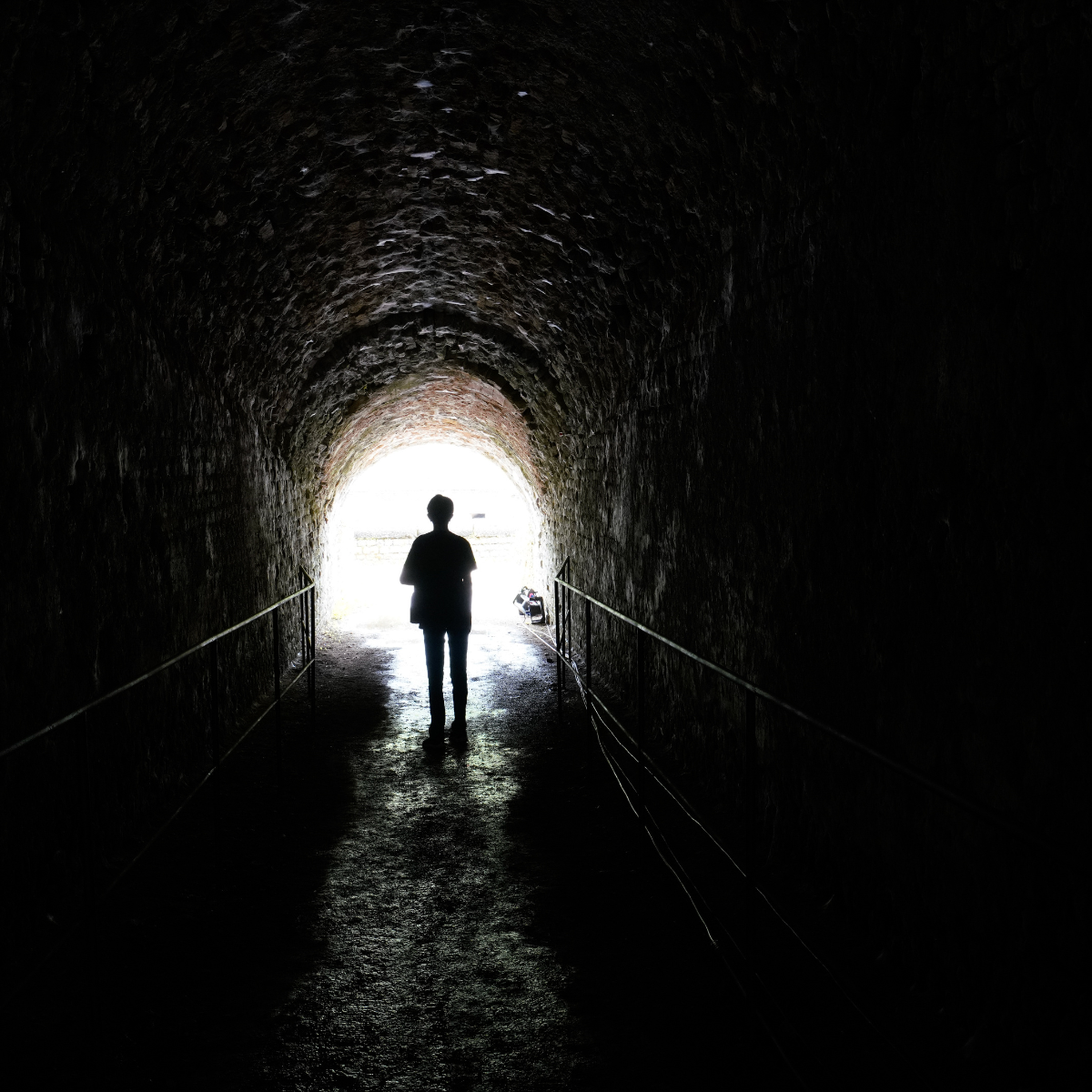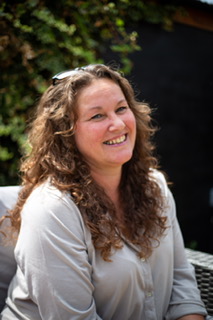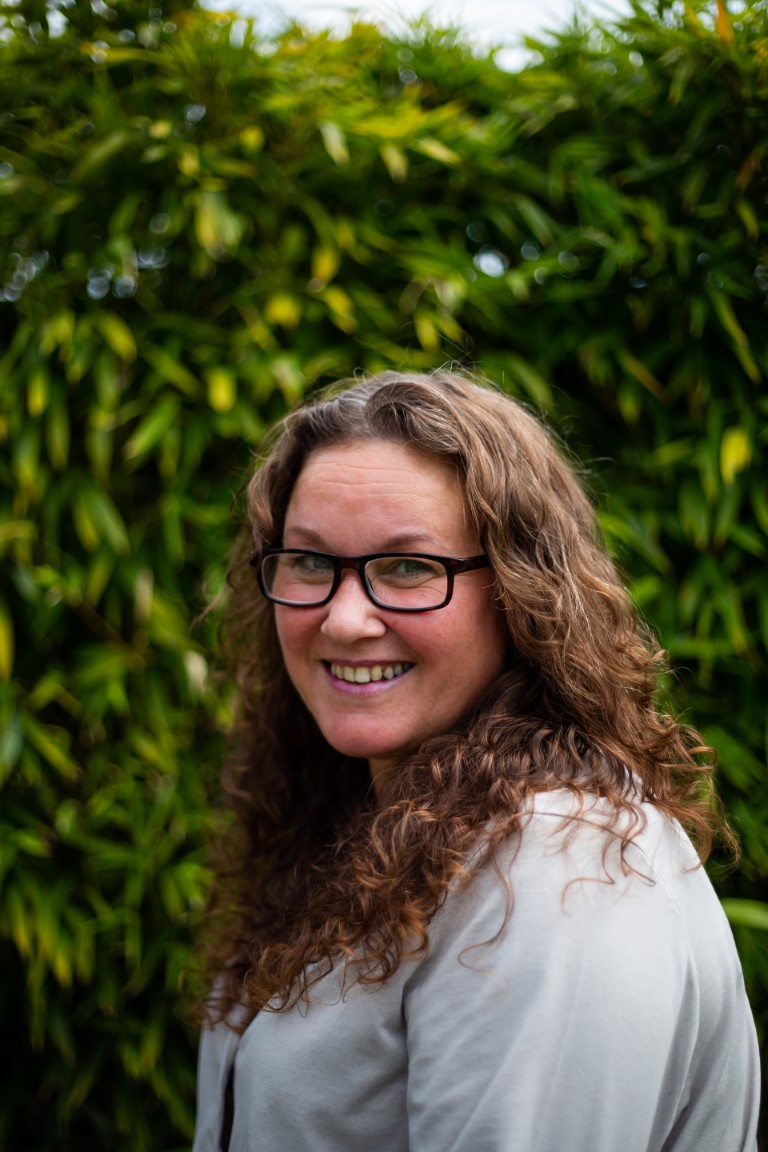
Lindsay Noakes Counselling
Support for young people and adults
Take Steps to Improve your Mental Health
You can choose how you access our services, and what type of therapy you’d like to use. We offer face-to-face sessions in Romford, Essex, and London as well as online consultations.
Do you feel challenged when asked how you are feeling?
Are things getting too much? Do you have nowhere to turn for fear of being judged? Are you worried about appearing hostile as emotions are running high?
Having a space that is created with honest and real terminology will help you feel like you are being heard. Humour is my go-to and I can dial it down or ramp it up to whatever is appropriate.
I find that my approach to counselling and therapy has allowed those who identify with a more robust exterior to dig down deep and uncover some awareness of themselves that has served in allowing them to make more informed choices and therefore a more helpful outlook on the scenario/situation.

Counselling for Young People
Accessing support for your child can seem daunting.
Often the signs that our children are struggling are not through their words, but their actions.
Has their behaviour changed noticeably? Is their sleep pattern or appetite affected? Or is it more that they are behaving differently?
It may be that a life event has had an impact such as the breakdown of a parental relationship or the death of a grandparent.
Alternatively, your child may be struggling in school with the pressure of their academic work, friendships or conflict.
I work with you and your young person to help support them process whatever is going on for them.
Counselling for Adults
Accessing counselling or therapy is all about a desire for change. For you, it may be about understanding how to manage your feelings?
It might be about understanding how and why important decisions are difficult to make or learning how to think in a way that makes life easier to handle.
I offer creative one-to-one sessions that are available using many forms of expression including talking therapy and hypnotherapy.
Using different materials including sand, art materials, and figures allows for freedom of self-expression and enables deeper reflection and processing of issues.
A trauma-informed practitioner, I’m sure my significant experience across many different areas will enable you to move towards the goals you set for yourself.

What can I help with?
- Anxiety
- Neuro Diverse Minds
- Trauma Informed Interventions
- Addiction
- Stress Management
- Bereavement, Loss and Grief
- Childhood trauma
One of the first questions I ask anyone who suffered from high levels of anxiety is, what do you know about anxiety?
Quite often we accept something without any knowledge about how or why it is there.
With knowledge and understanding anxiety can be named and tamed with amazing results that can be used time and time again.
Did you know that we all know how to manage anxiety?! if you have reached the age that you are whether that be 8 or 80! to get to that point you will have experienced anxiety but allowed yourself to be reassured, by other people and then yourself. What we need to do is show you how to reassure yourself again in the environment or situation that you are struggling with.
It has been called lots of different names in the years that I have worked with autism.
Autistic spectrum disorder, Autistic spectrum condition Asperger’s
The label for me is something that helps me understand some of the challenges/struggles/confusion that may be or have been present, but it can never show me as much as someone telling me how their symptoms affect them.
Whether you are 8 – 80 the neuro Diverge mind is unique to each and every person. There may be a cluster of similar struggles for people with ND but that only becomes present once I have built up a rapport with a client first.
I will always work with the symptoms that are creating barriers to the client and not society’s social norms.
I use lots of different techniques to work with a personal dialogue of difficulties and that can include sensory needs, intrusive thoughts, intense emotional expression or experience, social and communication development, and understanding.
Trauma is events that have created a physical survival response that may be appropriate or disproportionate to our environment or circumstances.
Working from the place of safety first and creating a secure relationship will allow you to progress with the events that have led you to this painful and unsettled world.
Trauma can extend from experiences we go through as children and yet we still remember our childhood as ‘okay’
Post-traumatic stress disorder is a physical response to a situation that the brain struggles to process.
Trauma can be experienced in lots of different ways and I have different strategies that will reduce painful symptoms that are related to the experience. They can involve speaking or taking a non-verbal approach which helps to move the event to a place in the mind that is more able to help process than react.
It is all done at your pace.
Excessive use of a product or substance that creates a behavioral or physical response to feel, need or want to continue.
This is not a rehabilitation unit – I am not in charge of your substance use
I can give you informed information that will allow you to discover the avenues that you used to reach the difficulties that you find yourself in with the product or substance.
Exploring conditioning attitudes and cultures linked to alcohol and drugs allows us to be aware of what choices we have now to make changes.
Motivation does not just appear when we need it, sometimes we need to see why it is relevant and then we find the determination to make more informed choices
What is Stress
Response to a situation that a person perceives to be overwhelming in that the person does not think that they can meet the demands of the situation
Stress = overestimation of a situation + underestimation of resources/resilience to deal with said situation
We all experience stressful situations, preparing for exams, preparing for a big event such as a wedding, moving home, or moving jobs. Add those to life and sometimes things can seem overwhelming.
This is a natural process but sometimes we need to learn how to reorganise things so we can see how we can regain some control and create some form of structure around the situation.
Coping strategies, problem-solving skills, and solution-focused thinking can help find some new avenues to pursue.
Nothing can prepare us for the passing of a loved one even when we are expecting it.
It is a natural cycle that we step into and it can be confusing and overbearing.
Whilst I cannot stop the pain, I can support you through this process and offer you some guidance about how it works and what to expect.
Sometimes we get stuck in a stage of grief that makes life difficult to manage and talking to someone who knows these stages has proven to be helpful.
Being able to talk to someone who is not emotionally involved in the grief has been shown to be helpful in working through the grief.
This work can happen just after the death or it can happen years later, there is no full stop when this support can be useful. It just depends on when you feel is the right time for you.
This can look like any number of things and some may be classified as abuse and some might be deemed as insignificant experiences but any adverse childhood experience can have lasting effects on us. It is not how ‘bad’ society deems it, it is how it affected us at the time that is important.
Friendship issues are a huge barrier to forming healthy relationships and sometimes it is seemed only natural to have these problems. They can be overlooked by the adults at the time and those feelings of rejection, abandonment, and hurt can get left unresolved or heard.
Likewise, abuse can be just as overlooked as it is such a difficult subject to speak about at the time or with family.
In counselling, you can speak openly and frankly about your experiences without fear or worry that you are going upset anyone or feel like the issue is ‘too small to be of worth.
How can I help?

What is Counselling?
Counselling and therapy are terms used to describe a process that happened in a space that is created to allow the client to feel safe, understood, and heard. To develop awareness and understanding of self. To explore choices and challenges and decide on whether to adapt or change for a happier, healthier, or more helpful life.
It’s not to provide advice or even tell you who you are or should be, but to feel you can learn to discover possible ways as to why or how you have got to this junction in your road.
You know you better than anyone and I will learn about you from you and then work with you to decide what you want to be different.
Expressive Creative Counselling
A lot of people think that being asked to draw or use symbols as a form of expression is intimidating or weird. If I am honest, I thought so too when I first was asked!
Using different objects and images we can access deeper inner thoughts and experiences that allow us to have some more clarity about how we are feeling about present issues.
I never expect anyone to try something that feels awkward, so if you don’t feel comfortable just say ‘no thanks, not today’ – no judgment. Just because I like it doesn’t mean everyone does!
But if you do recognise that making changes starts with us adapting then it might give you some awareness that you have been looking for?
Hypnotherapy
Using gentle guided imagery and supportive, structured suggestion in a calm and trance-like state allows us to guide the unconscious mind to reframe its belief system and create new and adapted helpful beliefs that support our outward look on life.
This approach is helpful for fears and phobias or self-confidence. It Unlocks barriers and realises the opportunity from within.
How I work
I use different models as I find that different strategies and techniques work better with different issues so once we meet for the first time I will ask you to tell me what you feel are the obstacle and barriers that are tripping you up and I will tell you how I feel I could support you using all the different models of counselling that I use.
They are called.
Cognitive behaviour therapy
Rational emotive behavioural therapy
Person-centred therapy
Transactional analysis
Psychodynamic
Jungian
While I am not expecting you to research these approaches I thought it may be helpful to see that I can use a lot of different models to find the most effective way forward for you.
Get in touch
Send us a message and we'll get back to you within 48 hours.

